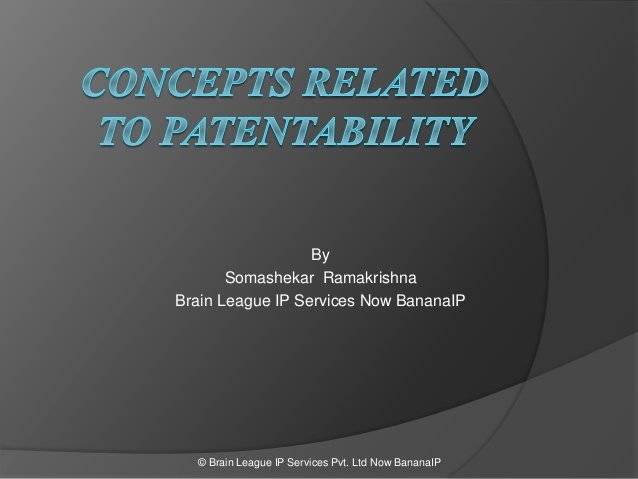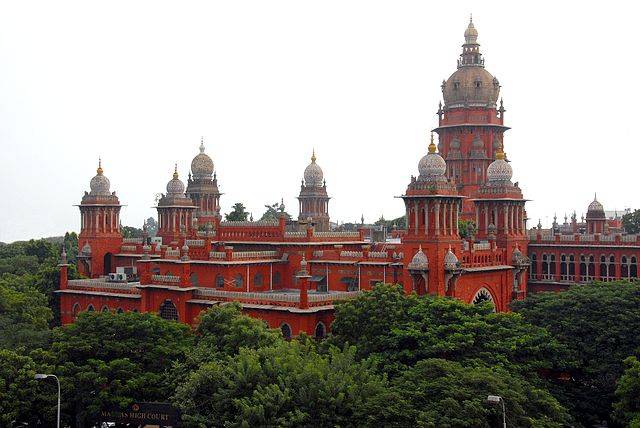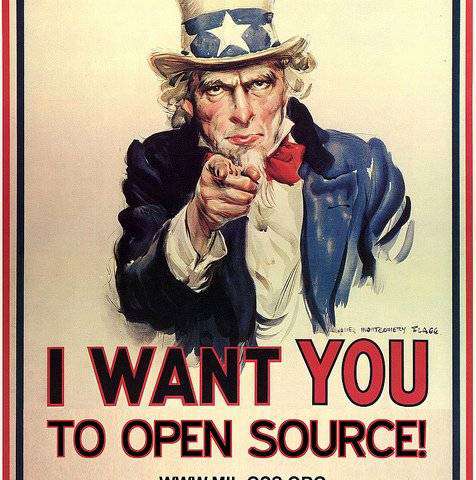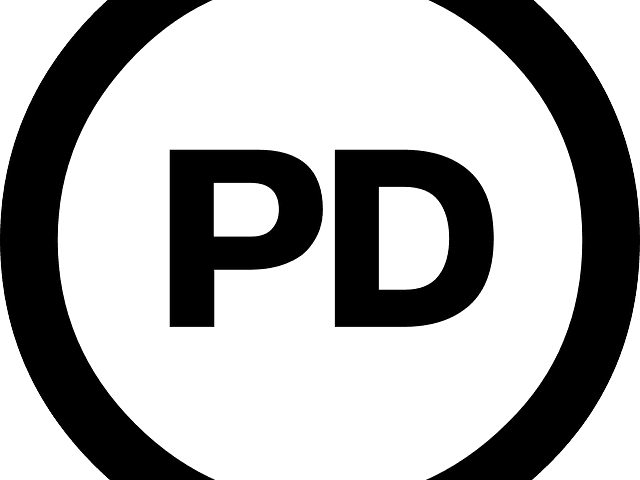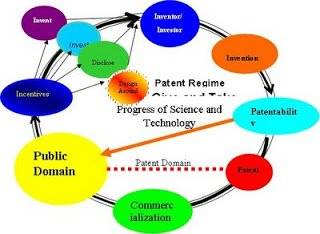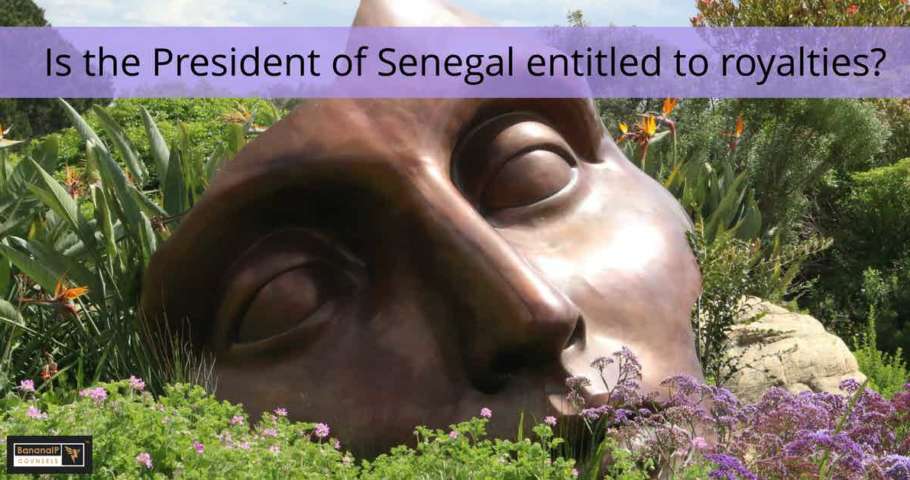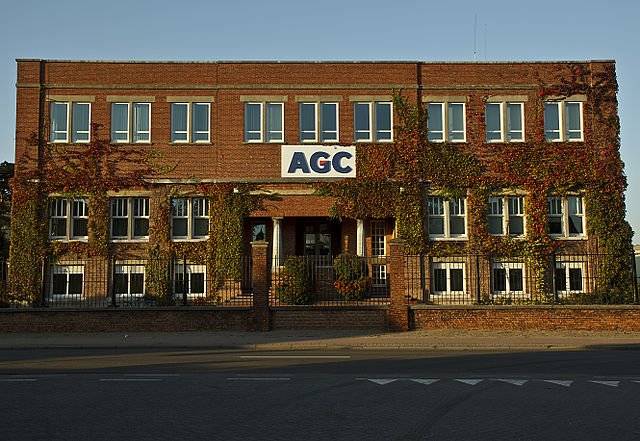First Publication Date: 11th December 2009
Section 3(d) of the Patents Act provides that mere Discovery of a new form or new use or new property of a known substance is not patentable. The discovery of a new form of a known substance will be patentable only if it results in the enhancement of the known efficacy of that substance. Salts, esters, ethers, polymorphs, metabolites, pure forms, particle size, isomers, mixtures of isomers, complexes, combinations and other derivatives of…
